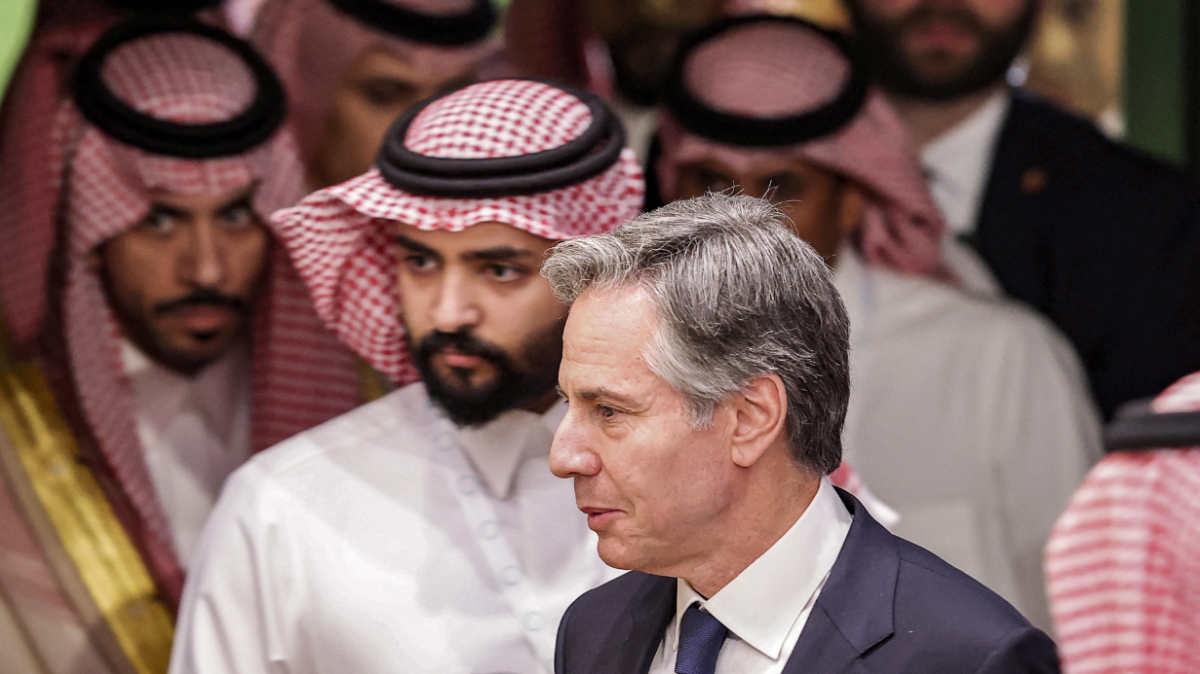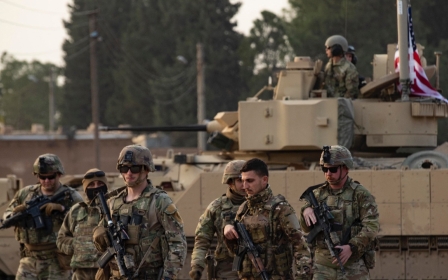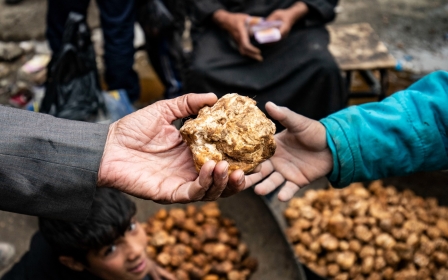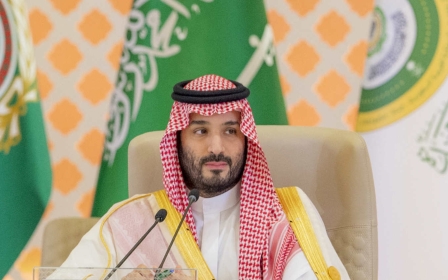Blinken pledges $150m in aid to Syria and Iraq at Saudi meeting

Secretary of State Antony Blinken said Thursday the US would give about $150m in aid to regions of Syria and Iraq that were liberated from the Islamic State, as he urged foreign countries to repatriate citizens who joined the militant group.
Blinken made the pledge during a ministerial conference of the Global Coalition to Defeat IS, hosted in the Saudi capital city of Riyadh. Dozens of other senior diplomats from the more than 80 countries that make up the coalition attended the meeting. Blinken also met yesterday with Saudi Crown Prince Mohammed bin Salman, where he discussed normalisation with Israel.
Northeast Syria is home to detention centres and camps where thousands of suspected IS fighters and their families live. Roughly 60,000 women and children alone are held in the sprawling al-Roj and al-Hol camps controlled by the Kurdish administration in the semi-autonomous Hasakah region of Syria.
Despite repeated calls for their repatriation, foreign governments have allowed only a trickle to return home, fearing security threats and domestic political backlash.
"To those countries, you must step up, you must take your responsibility," Blinken told the meeting of the international anti-IS coalition.
New MEE newsletter: Jerusalem Dispatch
Sign up to get the latest insights and analysis on Israel-Palestine, alongside Turkey Unpacked and other MEE newsletters
Saudi Foreign Minister Prince Faisal bin Farhan said it was "disheartening and absolutely unacceptable" that some wealthy countries had not brought their nationals home.
The so-called caliphate, which IS proclaimed across swathes of Iraq and Syria in 2014, was declared defeated in 2019, following counter-offensives in both Iraq and Syria.
Blinken applauded countries, including Canada, that have brought home their nationals from Syria, urging other nations to follow suit.
"Repatriation is critical" to reduce populations of large informal camps such as Syria's al-Hol, which houses 10,000 foreigners, including IS relatives, he said. "Failure to repatriate foreign fighters risks that they may again take up arms.”
The top US military commander for the Middle East warned in December that camps housed "the potential next generation of ISIS", noting there were more than 25,000 children in the al-Hol camp alone. "These children in the camp are prime targets for ISIS radicalisation."
The anti-IS coalition was formed in 2014 following the militant group's lightning advance that saw reports of atrocities multiply as they overran non-Muslim as well as Muslim areas.
Despite its territorial defeat, IS militants continue to conduct attacks against civilians and security forces in both Iraq and Syria.
The United Nations estimates that IS still has 5,000 to 7,000 loyalists across the two countries, roughly half of whom are fighters.
In April, the US-led coalition reported a significant drop in IS attacks in both Iraq and Syria since the start of the year.
IS attacks in Iraq dropped by 68 percent through April, while Syria saw a 55 percent decrease during the same period, the coalition said.
Middle East Eye delivers independent and unrivalled coverage and analysis of the Middle East, North Africa and beyond. To learn more about republishing this content and the associated fees, please fill out this form. More about MEE can be found here.




